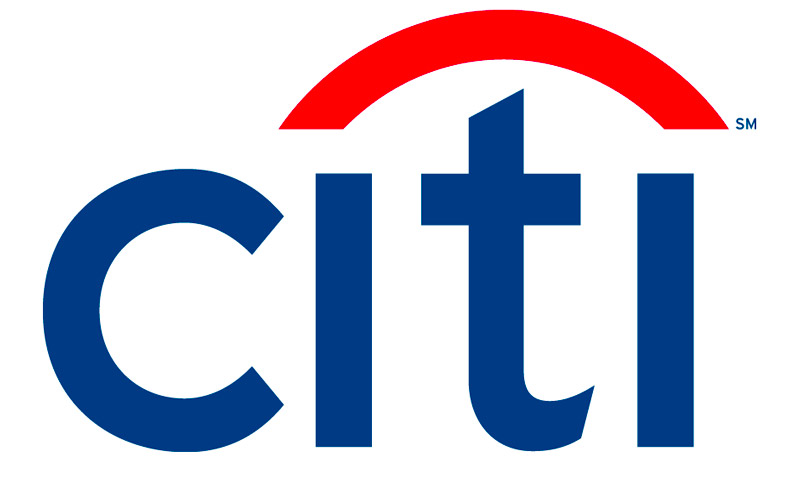|
Trump Proposal to Gut CRA Alarms NJ Community Developers 11/19/2018 Nonprofit community developers and housing advocates today sent letters to the United States Department of the Treasury’s Office of the Comptroller of the Currency expressing concerns with the agency’s Advance Notice of Proposed Rulemaking (ANPR) for the Community Reinvestment Act (CRA). Advocates say the proposal lowers the bar for banks in meeting their statutory obligations. Enacted in 1977, the intent of the CRA was to encourage financial institutions to help meet the credit needs of surrounding communities (particularly low and moderate income neighborhoods). Under the law, federal regulators are required to assess the record of each bank in fulfilling its obligations to the community. “CRA has put the brakes on discriminatory practices that obstructed economic vitality in lower income communities. It’s helped many individuals become homeowners or small business owners,” said Staci Berger, president and chief executive officer of the Housing and Community Development Network of NJ (the Network). “The investments made as a result of the CRA have helped strengthen NJ neighborhoods and opened a door for diverse communities that would otherwise be nailed shut.” The Housing & Community Development Network of NJ (the Network), along with NJ Citizen Action, has negotiated CRA agreements with more than 40 financial institutions, resulting in over $40 billion in commitments to low- and moderate-income (LMI) communities across the state. These commitments come in the form of below-market rate mortgages, discounted home improvement loans, affordable consumer lending products, construction & permanent financing for nonprofit affordable housing developers, and small business loans for women & minority-owned businesses. The ANPR allows banks to receive CRA credit for investments and activities that do not target LMI borrowers or areas. “This proposal undermines the intent of CRA and ignores why it was a necessary regulation in the first place,” said Berger. “There is no reason to lower the bar for CRA compliance when over 96 percent of banks receive a satisfactory or better rating for meeting the requirements established by existing CRA regulations.” While the ANPR undermines the original intent and effectiveness of the CRA, it also fails to strengthen accountability in the CRA rating process according to housing advocates. The letter to the Office of the Comptroller of the Currency offers four areas of improvement: CRA examinations, eligible activities that benefit LMI people and communities, CRA impact analysis, CRA applicability. The CRA is a critical tool for ensuring banks meet the credit of needs of low- and moderate-income people in the communities they serve. It was a landmark response to red-lining practices that targeted communities of color, practices that continue today. Based on data collected under the Community Reinvestment Act (CRA) and the Home Mortgage Disclosure Act (HMDA) for the years 2012 through 2016, if the proposed CRA changes go through,New Jersey would loss between 10%-20% of CRA investment or $190-$380 million in small businesses investments and $1.13 - $2.26 billion in mortgages for low- and moderate-income people. For more information: Nina Rainiero |













